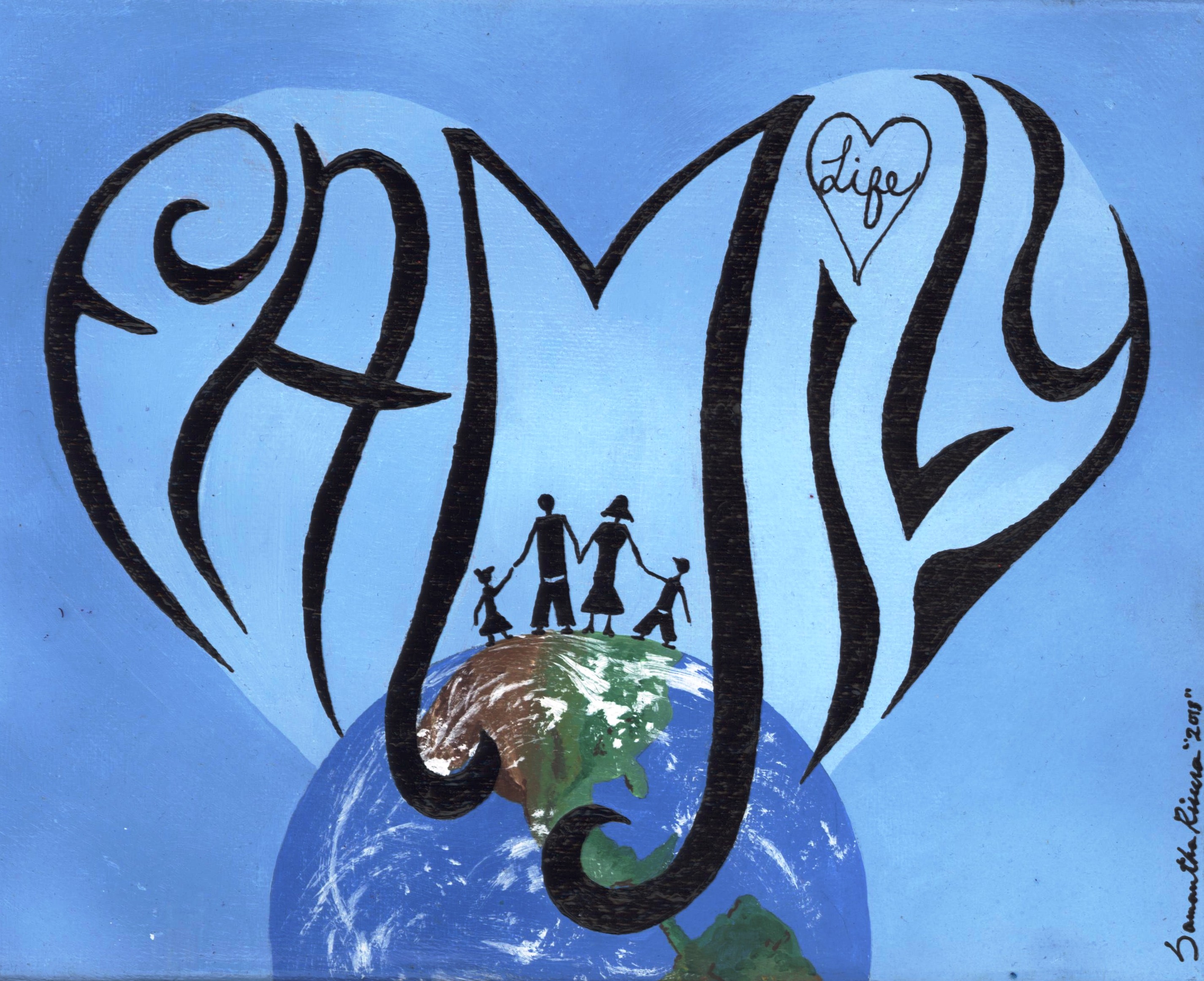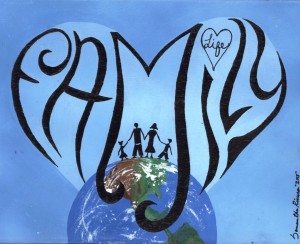Among the many non-profit organizations fighting homelessness, poverty and food insecurity in New Jersey is Elijah’s Promise, an organization nestled in New Brunswick. It was first established in 1989 when three local churches (St. John’s Episcopal, Emanuel Lutheran and Christ Episcopal of New Brunswick) joined together to start a small soup kitchen.
Today, however, the organization’s efforts extend far beyond a single soup kitchen. After two decades in operation, this once small soup kitchen serves about 100,000 meals every year and the organization’s other services serve just as much.
In 1997 Elijah’s Promise began a culinary arts training program called Promise Culinary School. Here, students are exposed to a professional culinary curriculum that prepares them for and places them in jobs in the foodservice industry.
Jim Zullo, Executive Director of Elijah’s Promise, estimates that the school graduates approximately 50 students every year and that 95% of these graduates go on to find jobs in the food industry. And although tuition is required, the school offers financial assistance, and the tuition oftentimes is covered in full if you are unemployed, a veteran, a displaced worker or have a disability.
“Seeing individuals who have endured so much hardship and been faced with the most difficult of circumstances find a new vigor in the food industry is extremely satisfying,” Zullo said.
Elijah’s Promise has also collaborated with Who Is My Neighbor? Incorporated to create A Better World Café — a restaurant that makes healthy eating affordable.
The Café, located in the Quilt Room of the Reformed Church in Highland Park, follows a model introduced by the One World Everybody Eats foundation, a nonprofit organization based in Salt Lake City, Utah that allows patrons to “pay what they can” at any of its community kitchens and restaurants.
At A Better World Café, diners who cannot afford the full price of their food can volunteer an hour of time in exchange for their meal. They can also dine on the complimentary dish of the day if they can neither pay nor volunteer.
In speaking of the environment that both the soup kitchen and the café promotes, Zullo said, “The great thing about our soup kitchen and our café is that we provide our visitors with a very dignified dining experience. If you walk in, it feels like you’re in a restaurant and the foods that we serve are not only delicious but also nutritious.”
The organization, whose work is committed to fostering sustainability in both the lives of those it serves and the community, is involved in numerous green efforts across the state. At their Better World Market and community garden, funds are raised to support meals at the soup kitchen and provide job training and employment opportunities for students at the Promise Culinary School. Efforts like these not only encourage a connection between people and their food but also support the plight of individuals looking to launch a culinary career.
“For many impoverished individuals, the food that they have access to most of the time is very unhealthy and so in exposing them to fresh, healthy alternatives and showing them the affordability of it all is one of our highest priorities,” Zullo said.
From wholesome meals to culinary arts job training, the efforts of Elijah’s Promise to fight hunger and food insecurity in a way unlike its many counterparts is especially notable. The organization provides an innovative approach to breaking the cycle of poverty in struggling urban communities.
“Being able to provide a vitality of services and a sense of security to the most needy in our community is great,” said Zullo. “But knowing that getting nutritious meals from us gives these same individuals the availability to apply their money to other important things is something that I find very rewarding.”
Main Office
Phone: 732-545-9002
Hours: Monday-Friday from 9 a.m. to 5 p.m.
Community Soup Kitchen
18 Neilson St., New Brunswick N.J.
Phone: 732-545-9002
Clothesline
90 Jersey Ave, New Brunswick N.J.
Hours: Monday, Wednesday and Friday from 9:30 a.m. to 12 p.m.
A Better World Café
19 S. 2nd Ave, Highland Park N.J.
Administrative Office
Promise Culinary School Promise Catering
211 Livingston Avenue, New Brunswick N.J.
Phone: 732-545-9002
Article written by Engy Shaaban for the Fall 2014 edition of The Wall





